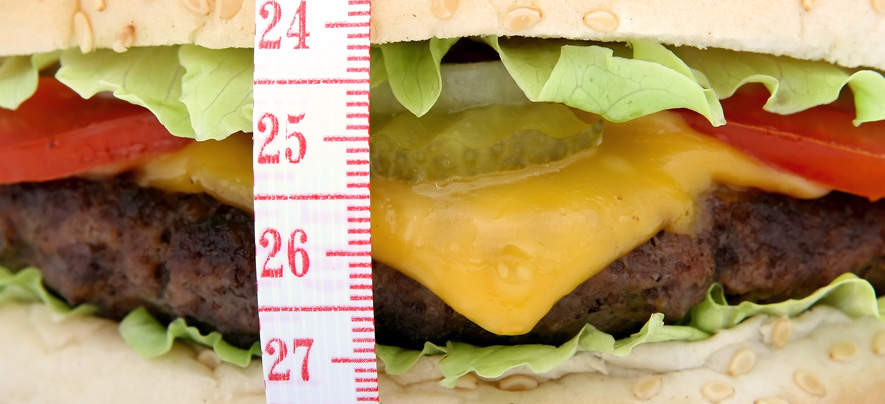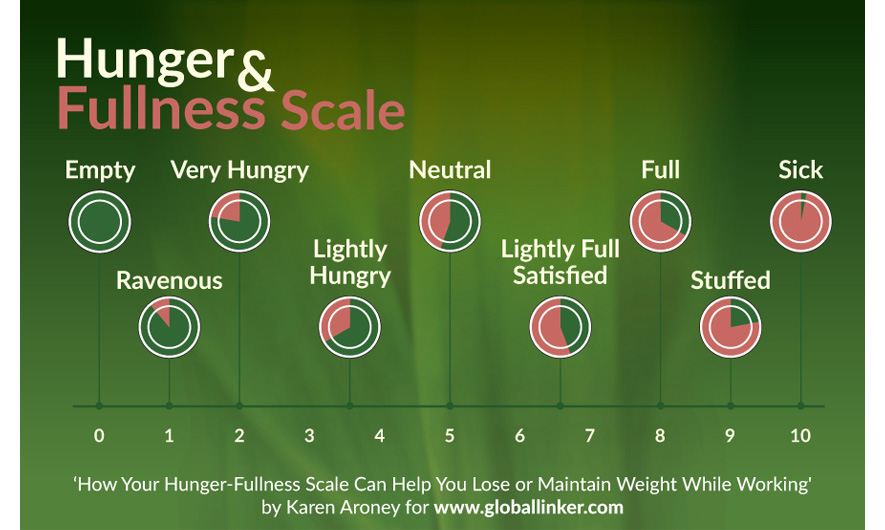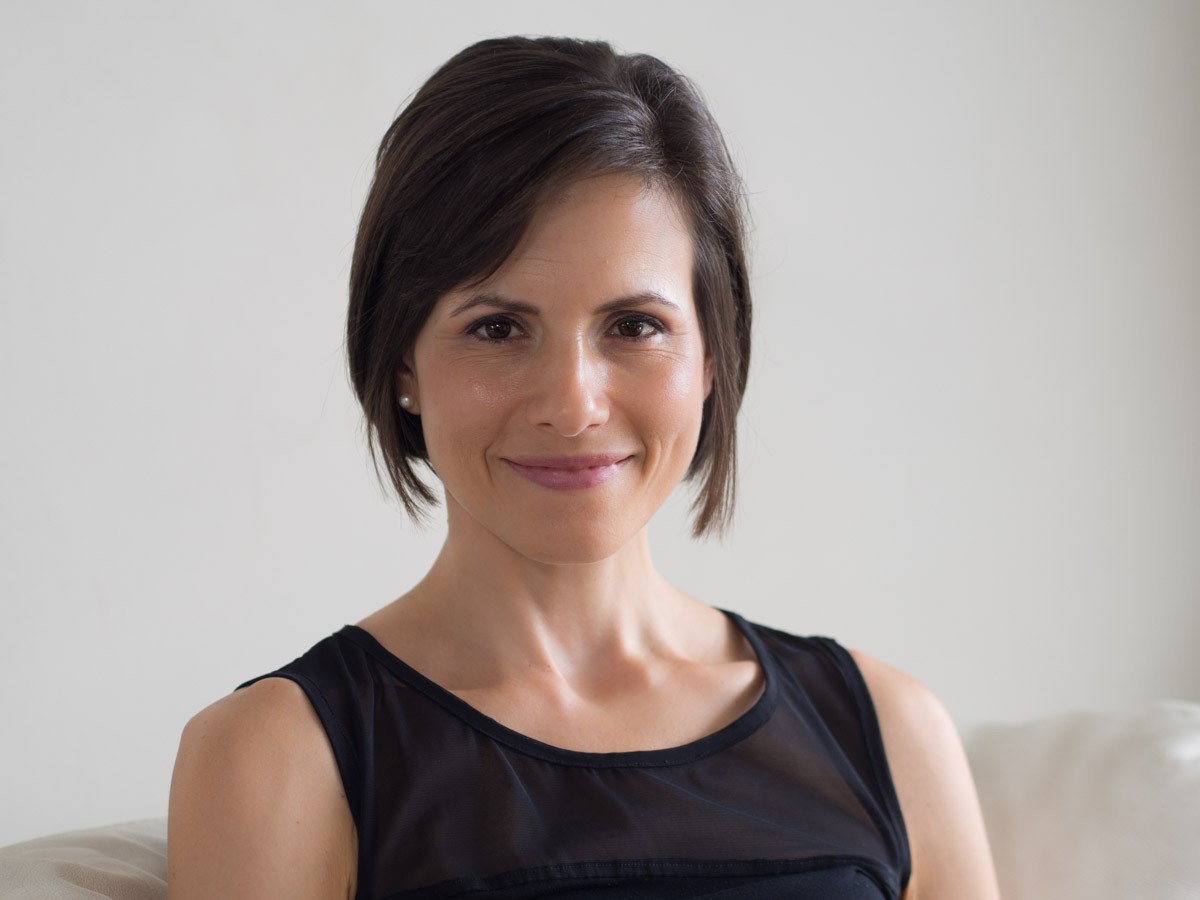How Your Hunger-Fullness Scale Can Help You Lose or Maintain Weight While Working

Health & Lifestyle
465 week ago — 4 min read
One of the challenges of being an executive, entrepreneur, or small business owner is the risk of little sleep, lower physical activity, and cheap, fast processed food, all contributing to an unhealthy lifestyle. Working men and women, particularly those with children who are pursuing a career, or running a small to medium business, may not understand their ‘Hunger-Fullness Scale’, leading to health issues such as irritable bowel syndrome, poor digestion, and obesity. Mindful Eating is the first step to avoid, or overcome these issues. Following is a guide to help you get started.
Introducing the Hunger-Fullness Scale
The Hunger-Fullness Scale is a set of numbers from 0 to 10 which simply define the various stages of hunger and fullness that a person experiences as follows:
- 0 – Empty (Uncomfortably hungry, stomach hurts, headache, difficulty concentrating, fatigue, dizzy, weak)
- 1 – Ravenous
- 2 – Very Hungry
- 3 – Moderately Hungry
- 4 – Lightly Hungry
- 5 – Neutral (neither hungry, nor full)
- 6 – Lightly Full
- 7 – Moderately Full
- 8 – Full
- 9 – Stuffed
- 10 – Sick (uncomfortably full, feel sick)
Now, take a moment to think about what stage(s) you typically find yourself in before a meal; is it stage 0 or 1? Did you skip a meal because of a meeting or project deadline?
Now, fast forward to after your meal. What stage are you in; Stage 9 or 10? Once these stages of hunger and fullness are defined, it is easy to plan each meal in such a way that you are not on the extreme ends of this scale. Start eating at stage 3 and stop eating at stage 7 in order to avoid obesity and other health-related problems. This way, the food you eat will act as fuel to generate energy, allowing you to maintain a healthy weight.
What Causes Stress Eating?
As a busy executive or the owner of a small business, your work may put you in stressful situations where you find it difficult to exercise regularly, and maintain a proper diet plan or weight loss programme. These situations can cause stress eating. The main feature of stress eating is eating during periods of stress (you may not even be hungry), instead of periods where your body is telling you that you are genuinely hungry. In the hunger-fullness scale, this would typically occur at stage 6 or 7, and eating at this point is dangerous, because you could end up in stage 8 or 9, and even 10. To avoid stress eating, listen to your body, not your head.
Mindful Eating
A great way to achieve your weight loss goals and maintain a healthy weight is through mindful eating, which is a non-diet approach to achieving a healthy lifestyle, and helps you recognise the hunger-fullness scale. Mindful Eating involves eating for optimal satisfaction and satiety, and recognising how it makes you feel, and how it actually helps your body.
How to Eat Mindfully
- Eat to care for yourself
- Notice and enjoy your food
- Be aware of the hunger-fullness scale
- Recognise non-hunger triggers for eating
- Concentrate on needs other than eating
- Choose your food carefully, for maximum enjoyment and nourishment
Engage in mindful eating, to understand your huger-fullness scale which is required for a healthy lifestyle of a small business owner or an entrepreneur.
By using these techniques, regardless of your profession or career path that you’re following, you will find that you will be able to maintain stronger physical and mental health. You will feel increased energy levels as you carry out the day-to-day tasks involved in your job. Always keep in mind that as a busy executive or small business owner, your hunger-fullness scale can help you lose or maintain weight whilst still working.

Posted by
Karen AroneyAn accredited nutritionist, specializing in nutrition and better health for children, adults, time-poor professionals, and organizations. I use client-centric approach to enabling...
View Karen 's profile
Other articles written by Karen Aroney
Top 8 Overrated 'Healthy Foods'
466 week ago
5 Don'ts When it Comes to Your Nutrition
467 week ago
Most read this week
Trending












Comments
Share this content
Please login or Register to join the discussion